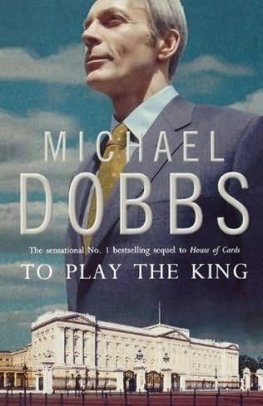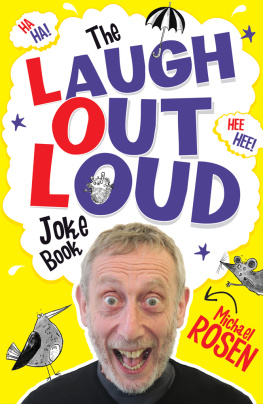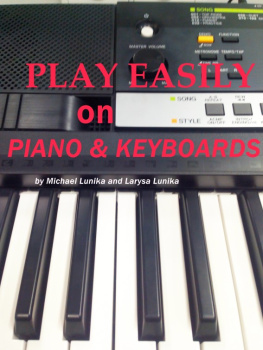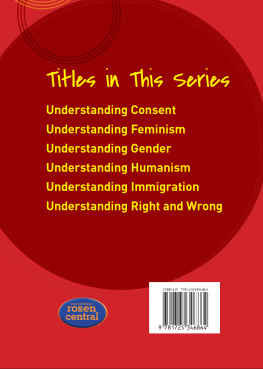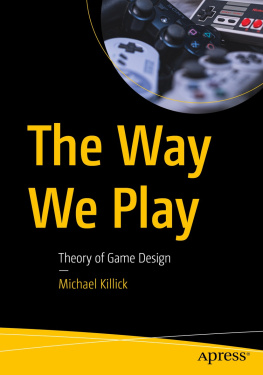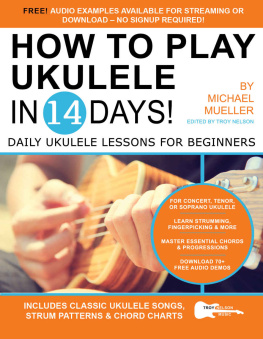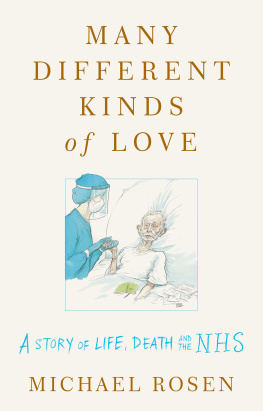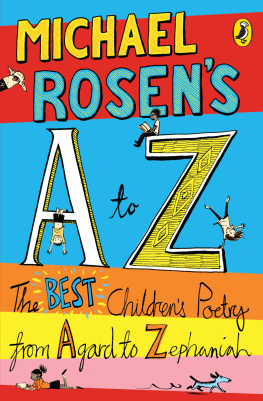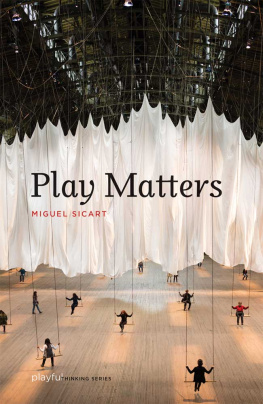
This book accompanies the exhibition Play Well, on at Wellcome Collection from 24 October 2019 to 8 March 2020.
Play Well makes the case for play as an essential tool, crucial for both children and wider society. Through a wide range of exhibits Play Well explores the importance of play in developing and refining character traits, as a central tenet of education, and as a language to express emotions and build empathy. The exhibition examines the ways in which childrens play both reflects and adapts to the world around them. Playground games and toys echo shifts in wider society, while opportunities for play are limited by concerns about risk. In light of these influences the exhibition asks: how can we all play well?

Wellcome Collection is a free museum and library that aims to challenge how we think and feel about health. Inspired by the medical objects collected by Henry Wellcome, it connects science, medicine, life and art. Wellcome Collection exhibitions, events and books explore a diverse range of subjects, including consciousness, forensic medicine, emotions, sexology, identity and death.
Wellcome Collection is part of Wellcome, a global charitable foundation that exists to improve health for everyone by helping great ideas to thrive, funding over 14,000 researchers and projects in more than seventy countries.
wellcomecollection.org

First published in Great Britain in 2019 by
Profile Books Ltd
29 Cloth Fair
London EC1A 7JQ
www.profilebooks.com

Published in association with Wellcome Collection
Wellcome Collection
183 Euston Road
London NW1 2BE
www.wellcomecollection.org
Copyright Michael Rosen, 2019
Illustrations by Charlotte Trounce
Design by James Alexander, Pete Dyer and Sinem Erkas
The publishers would like to extend their thanks to Katharine Ailes and Sarah Goodman.
The moral right of the author has been asserted.
All rights reserved. Without limiting the rights under copyright reserved above, no part of this publication may be reproduced, stored or introduced into a retrieval system, or transmitted, in any form or by any means (electronic, mechanical, photocopying, recording or otherwise), without the prior written permission of both the copyright owner and the publisher of this book.
A CIP catalogue record for this book is available from the British Library.
ISBN 9781788161909
eISBN 9781782835189

(Actually, lets not call this an introduction, lets call it Hello. Ill start again. Forget that I called it Introduction. That didnt happen.)

Hello reader.
I dont know you, but the thing about a book is that its a kind of game between the writer and the reader. This is how you play it: I sit on my own imagining what kinds of things might interest you. I conjure up books Ive read and scan them in my mind for strange, funny, weird, intriguing, sad things. I conjure you up and imagine you opening this book, wondering if there is anything here that will amuse you or get you to think in a new way. Or perhaps youre the kind of person who wants knowledge. Or perhaps youre the person who wants to play.
All that was me playing with the idea of what Im doing writing this book. Writing is a kind of play.
And if youre still reading, youre playing too. When you sit down to read, you agree to play a game. There arent exactly what Id call rules; theres more a set of things we do that are more like the how to cook part of recipe books how to cook a book, if you like. You cook a book by doing things like picking it up rather than throw it in the river, say. You open it up rather than sit on it, say. If you are reading the page to yourself, you pass your eyes along the lines from left to right, rather than round and round, say. If this book was in Arabic or Hebrew, youd be passing your eyes from right to left. If it was in traditional Chinese, youd be passing your eyes down and up and down. If youre listening to the book, youve got your ears focused on the sounds of words, rather than on the dog thats barking outside. And as you do these things, your mind is playing. Its playing with meanings. When you read the word book, Im pretty sure a dictionary didnt fly into your mind and there was a definition of book sitting there. What happened was that all the times youve met the word book and youve seen, heard, smelled or read a book rolled into what we might call a cloud of meaning. Thats your own cloud of meaning. Quite a bit of your cloud of meaning of book is very similar to millions of other peoples. But some of it is your very own special, personal cloud of meaning full of your own memories, feelings and sensations.
So, were playing. Me and you.
In this book I will ask you questions. But whats the point? In real life, I ask someone a question because I want an answer. If I ask you questions in a book, and you answer them, I wont get to hear the answer. So there must be another point to me asking you questions. What would that be?
Well, Ill leave you to play with that one and Ill get on with the asking. Have you done any playing this week? (Ive played How much of the dishwasher can I empty without breathing? This is where I try to clear a whole deck of the dishwasher holding my breath. When I was a boy, my brother and I used to try to get from the loo to the kitchen before the sound of the flushing had stopped while holding our breath.)
Have you done a puzzle? (I tried to do the crossword in the Times Literary Supplement. When I do this, I usually get about five clues all by myself, and then I start cheating by using the internet to look up possible answers.)
Have you done some kind of exercise thing star jumps, riding a bike, going for a walk where you started off doing it by the rules but then you began to make up your own?
(Ive started using the step-counter on my phone because someone told me that Im supposed to walk 10,000 steps a day. In the middle of doing one thing, I now do crazy little walking journeys to and fro across a room. Or, in the middle of my sons Megs game, I suddenly walk off, go round and round five times and come back to Megs. Hes not well pleased by that.)
Have you been clearing out an old room, or clearing a shelf, and found an old game and decided that youd stop doing what you were supposed to be doing so that you could play your old game for a while? Ive just moved office and I found an old bagatelle board (its a bit like pinball without any of the electric automatic stuff). I stood there flicking the marbles round the board. Actually, it made me sad. It reminded me of playing the game with Eddie, my son who died. Then I remembered that games and play are not only what you do right now, but that we each have histories of play in our minds. Layers and layers of it, sitting there, memories of great times messing about, winning, losing, arguing, trying things out and this all feeds into the kind of person we are, how we think of whats around us. Is the world we meet something we can play with, or something that we take as a thing thats given to us?
Next page


